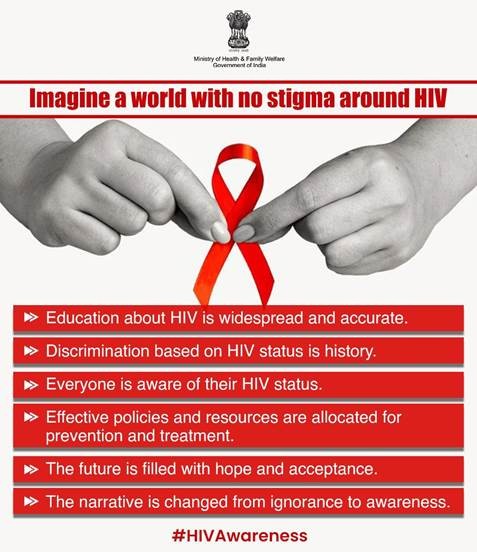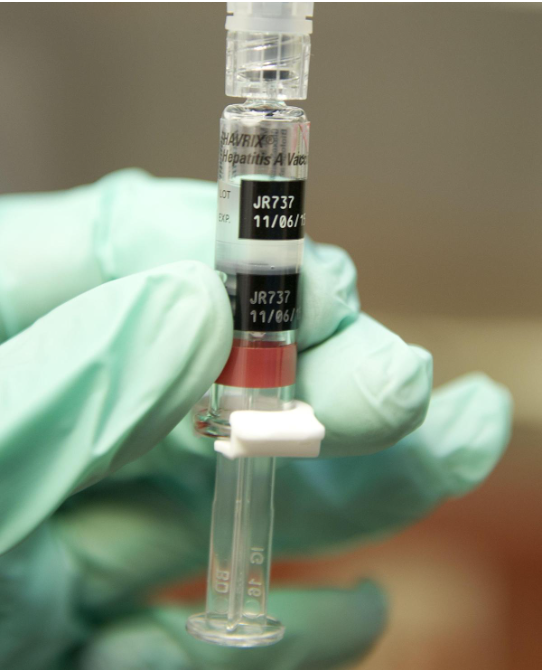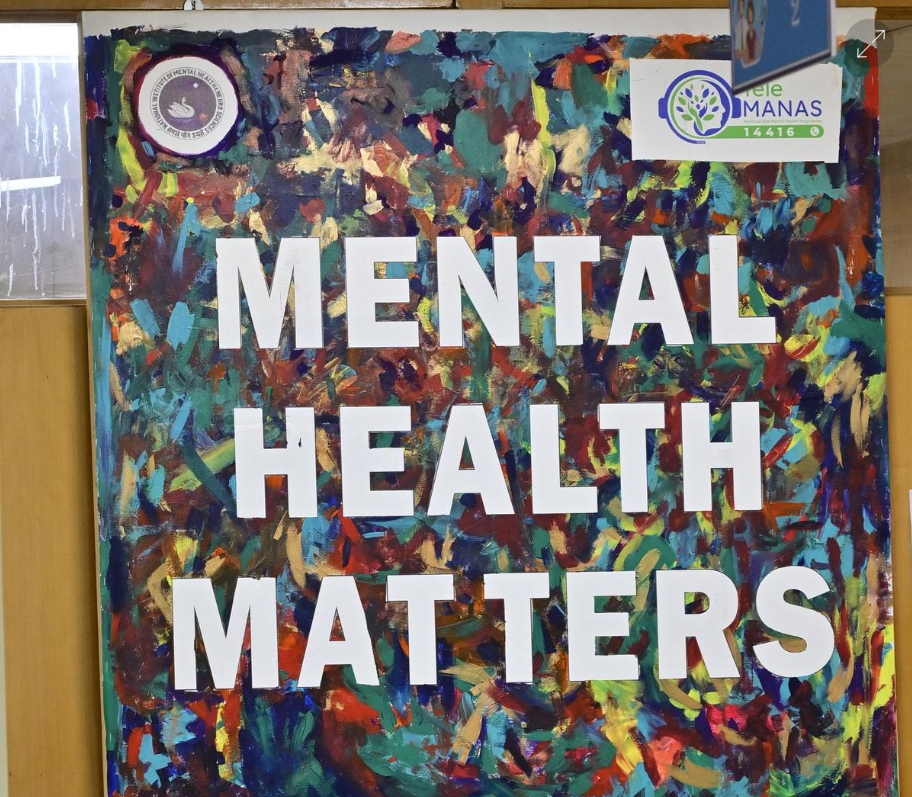Description
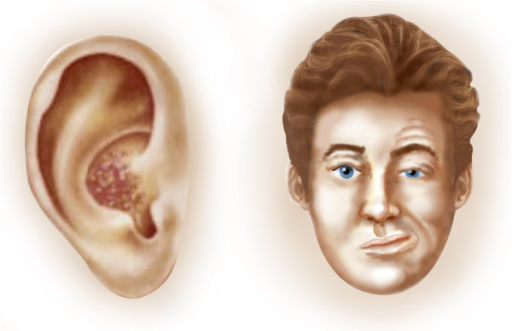
Disclaimer: Copyright infringement not intended.
Context
- Justin Bieber has been diagnosed with a condition called Ramsay Hunt Syndrome, which has fully paralysed the right side of his face.
What is Ramsay Hunt Syndrome?
- Ramsay Hunt Syndrome is neurological disease in which a virus – Varicella Zoster – causes inflammation of the nerves involved in facial movements.
- When the nerves get inflamed, they lose their ability to function, leading to temporary facial palsy or paralysis.
- Facial muscles in the infected person cannot receive necessary signals to function properly.
- There are 12 cranial nerves in the body. Ramsay Hunt Syndrome is the viral infection impacting the 7th cranial nerve that is involved in facial movements. The inflammation caused by the Varicella Zoster Virus makes the nerve ineffective.
|
Cranial Nerves
The cranial nerves are a set of 12 paired nerves in the back of our brain. Cranial nerves send electrical signals between our brain, face, neck and torso. Cranial nerves help us taste, smell, hear and feel sensations. They also help us make facial expressions, blink eyes and move our tongue.
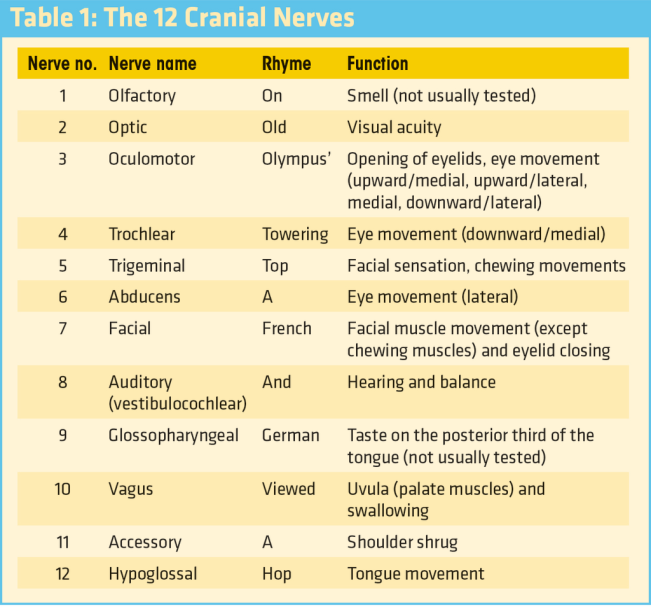
|
What are the symptoms of Ramsay Hunt Syndrome?
- The symptoms include painful, red rash and blisters in and around the ear, and facial paralysis on the same side.
- Patients also report hearing loss in the ear that has been impacted apart from Tinnitus or ringing sounds.
- Inability to close the eye causes dryness.
- Other: A rash on the eardrum, the ear canal and the earlobe. Rashes can also appear inside the mouth, on the tongue. There is hearing loss, vertigo or spinning sensation. It causes weakness of one side of the face and causes difficulty in closing one eye and eating as food falls off from the affected side. There is drooping of the face.
The virus that causes Ramsay Hunt Syndrome
- The Varicella Zoster Virus (VZV) is the same virus that causes chickenpox and shingles.
- This virus belongs to the Herpesvirus group and can stay in the body as a latent infection.
- The virus can stay dormant in a person’s body and can reawaken to attack the nerves.
- VZV can get reactivated due to weakening of the immune system.
- Stress is also considered a trigger, according to some studies, as it depresses the immune system.
- Some reports also suggest that T-cell dysfunction caused by coronavirus infection can reactivate VZV.
|
T Cells
T cells are part of the immune system and develop from stem cells in the bone marrow. They help protect the body from infection. Also called T lymphocyte and thymocyte.
T cells (also called T lymphocytes) are major components of the adaptive immune system. Their roles include directly killing infected host cells, activating other immune cells, producing cytokines and regulating the immune response.
|
How is Ramsay Hunt Syndrome treated?
- It is treated using anti-viral drugs, steroids and physiotherapy.
- Facial exercises are very important. Patients need to protect their eyes. When one eye doesn’t close, there is a chance of developing corneal aberration. Patients must use tear drops and use eye protection. They should wear glasses when they go out, and tape the eye that has been impacted when they sleep at night.
Is Ramsay Hunt Syndrome contagious?
- The disease is not contagious but can lead to chickenpox in those not vaccinated for the disease.
- Till the blister scabs fall off, the patients are advised to avoid contact with those with low immunity and the ones who have not had chickenpox, or are not vaccinated against it.
Do patients recover fully from Ramsay Hunt Syndrome?
- The disease is reversible. Patients get cured within 15 days to three months of starting the treatment.
https://indianexpress.com/article/explained/explained-justin-bieber-ramsay-hunt-syndrome-7964008/
1.png)







